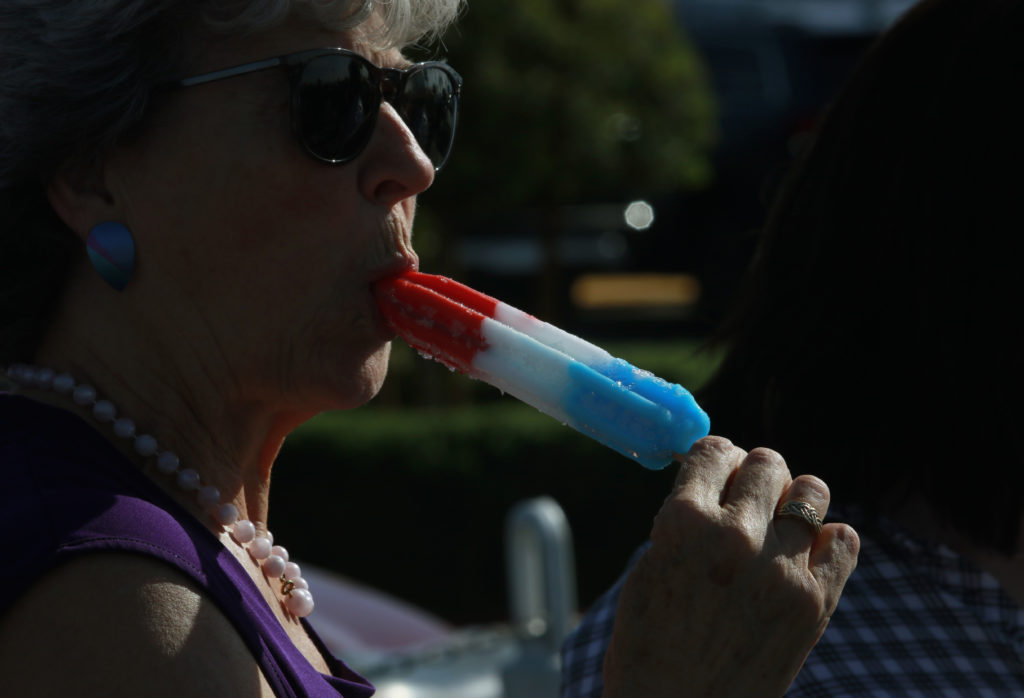Hot enough for ya? It’s about to get hotter. Indianapolis hasn’t reached a 90 degree day yet this year but that is about to change. WISH TV reports,
“A large dome of high pressure in the upper levels of the atmosphere will be the perfect set up for hot temperatures next week. Forecast highs next week are into the low and middle 90s. Middle and upper 90s are possible Tuesday and Wednesday.”
We might get close to triple digit temperatures this week. 2012 was the last time we experienced this type of a heat wave. The last time Indianapolis hit 100° or higher was in July of 2012. the closest we have come happened on May 11, 2022 when it got up to 89 degrees.

(Photo by Ronda Churchill/Getty Images)
Will We Break Any Heat Records?
This Tuesday and Wednesday have potential for going down in the books. Records for June 14 and 15 are both 94° set in 1954 and 1952.
Weather.com has the forecast listed as:
Tuesday, June 14
98°/77° Mostly Sunny
Wednesday, June 15
99°/77° Sunny
Thursday, June 16
95°/70° PM Thunderstorms
Friday, June 17
92°/62° Sunny
What Are The Most Extreme Temperatures On Record In Indiana?
Stacker reports the all-time highest temperature of 116° F happened in Collegeville at the St Joseph County Airport on July 14, 1936. The all-time lowest temperature was -36° F in New Whiteland on Jan. 19, 1994.
The all-time highest 24-hour precipitation of 10.5 inches, took place in Princeton 1 W on Aug. 6, 1905. Finally, the all-time highest 24-hour snowfall of 33 inches occurred in Salem on Dec. 23, 2004.
On Aug. 6, 1905, Princeton, a city in Indiana’s Gibson County, recorded the highest one-day-long rainfall event in the state at 10.5 inches. More recently, in June 2019, severe storms in central and southern Indiana caused floods that left thousands of households powerless. Several roads also had to be closed after there were reports of cars being stuck in the floods.
Here Are Some Precautions To Take In Extreme Heat:
- Wear loose, lightweight, light-colored clothing.
- Use your oven less to help reduce the temperature in your home.
- If you’re outside, find shade. Wear a hat wide enough to protect your face.
- Drink plenty of fluids to stay hydrated.
- Avoid high-energy activities or work outdoors, during midday heat, if possible.
- Check on family members, seniors and neighbors.
- Watch for heat cramps, heat exhaustion and heat stroke.
- Consider pet safety. If they are outside, make sure they have plenty of cool water and access to comfortable shade. Be careful of pets paws on hot concrete.













